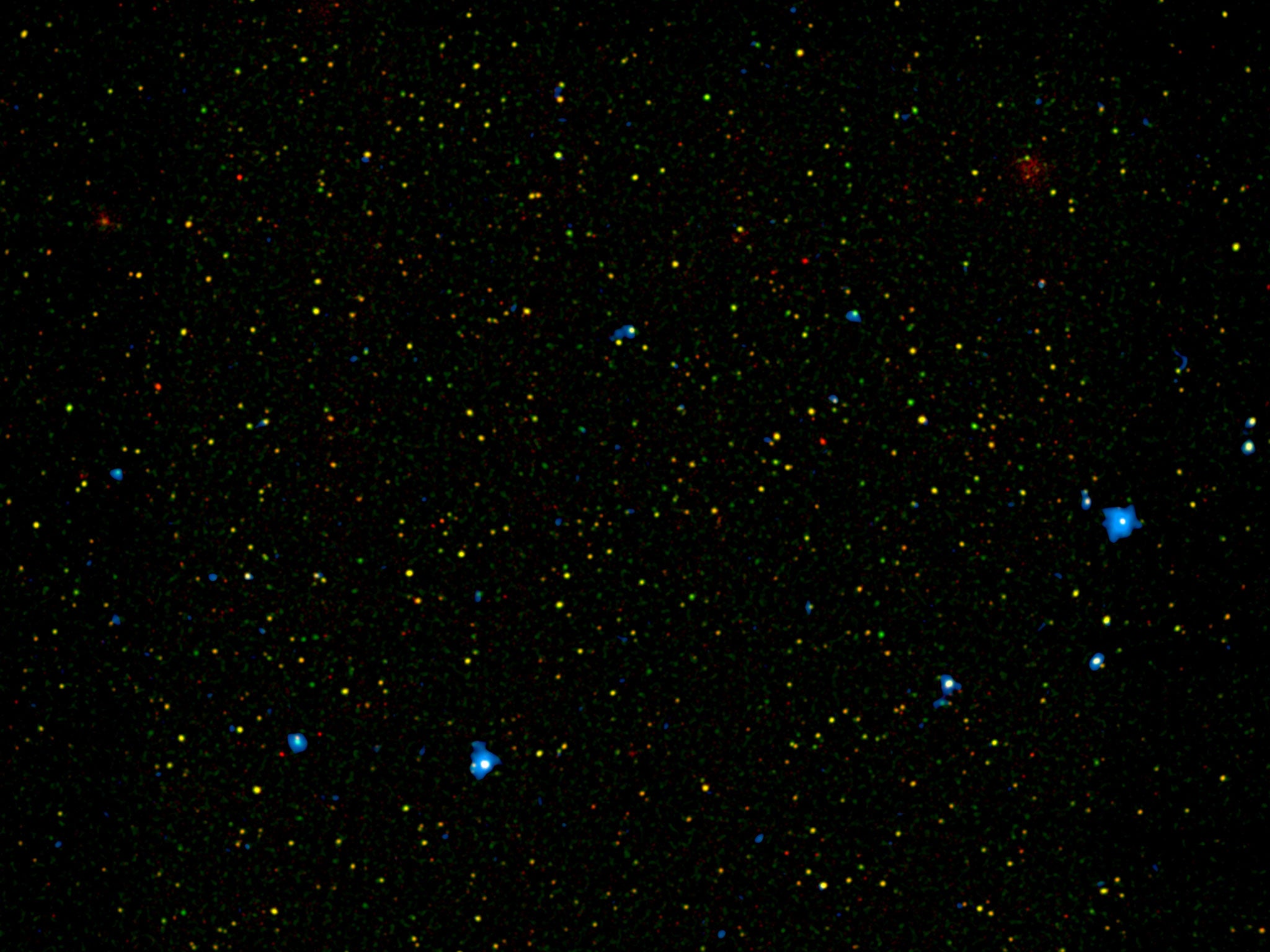Stephen Hawking: 'There are no black holes'
At least not in the way we perceive them now, he suggests

Your support helps us to tell the story
From reproductive rights to climate change to Big Tech, The Independent is on the ground when the story is developing. Whether it's investigating the financials of Elon Musk's pro-Trump PAC or producing our latest documentary, 'The A Word', which shines a light on the American women fighting for reproductive rights, we know how important it is to parse out the facts from the messaging.
At such a critical moment in US history, we need reporters on the ground. Your donation allows us to keep sending journalists to speak to both sides of the story.
The Independent is trusted by Americans across the entire political spectrum. And unlike many other quality news outlets, we choose not to lock Americans out of our reporting and analysis with paywalls. We believe quality journalism should be available to everyone, paid for by those who can afford it.
Your support makes all the difference.Stephen Hawking has produced a "mind-bending" new theory that argues black holes do not actually exist - at least not in the way we currently perceive them.
Instead, in his paper, Information Preservation and Weather Forecasting for Black Holes, Hawking proposes that black holes can exist without 'event horizons', the invisible cover believed to surround every black hole.
During a previous lecture, 'Into the Black Hole', Hawkins described an event horizon as the boundary of a black hole, "where gravity is just strong enough to drag light back, and prevent it escaping".
“Falling through the event horizon, is a bit like going over Niagara Falls in a canoe", he said. "If you are above the falls, you can get away if you paddle fast enough, but once you are over the edge, you are lost. There's no way back.
"As you get nearer the falls, the current gets faster. This means it pulls harder on the front of the canoe, than the back. There's a danger that the canoe will be pulled apart. It is the same with black holes.”
But now, Hawking is proposing 'apparent horizons' could exist instead, which would only hold light and information temporarily before releasing them back into space in 'garbled form', Nature has reported.
The internationally-renowned theoretical physicist suggests that quantum mechanics and general relativity remain intact, but black holes do not have an event horizon to catch fire.

His work attempts to address the 'black-hole firewall paradox' first discovered by theoretical physicist Joseph Polchinski and his colleagues almost two years ago, when Polchinski and his team began investigating what would happen to an astronaut who fell into a black hole.
They hypothesised that instead of being gradually ripped apart by gravitational forces, the event horizon would be transformed into a 'highly energetic region', and anyone who fell in would hit a wall of fire and burn to death in an instant - violating Albert Einstein's theory of relativity.
In his paper, Hawking writes: "The absence of event horizons means that there are no black holes - in the sense of regimes from which light can't escape to infinity."
He told Nature journal: “There is no escape from a black hole in classical theory, but quantum theory, however, “enables energy and information to escape from a black hole.”
Don Page, a physicist and expert on black holes at the University of Alberta in Edmonton, Canada told Nature that "the picture Hawking gives sounds pretty reasonable".
“You could say that it is radical to propose there’s no event horizon", he said. "But these are highly quantum conditions, and there’s ambiguity about what space-time even is, let alone whether there is a definite region that can be marked as an event horizon.”
Join our commenting forum
Join thought-provoking conversations, follow other Independent readers and see their replies
Comments